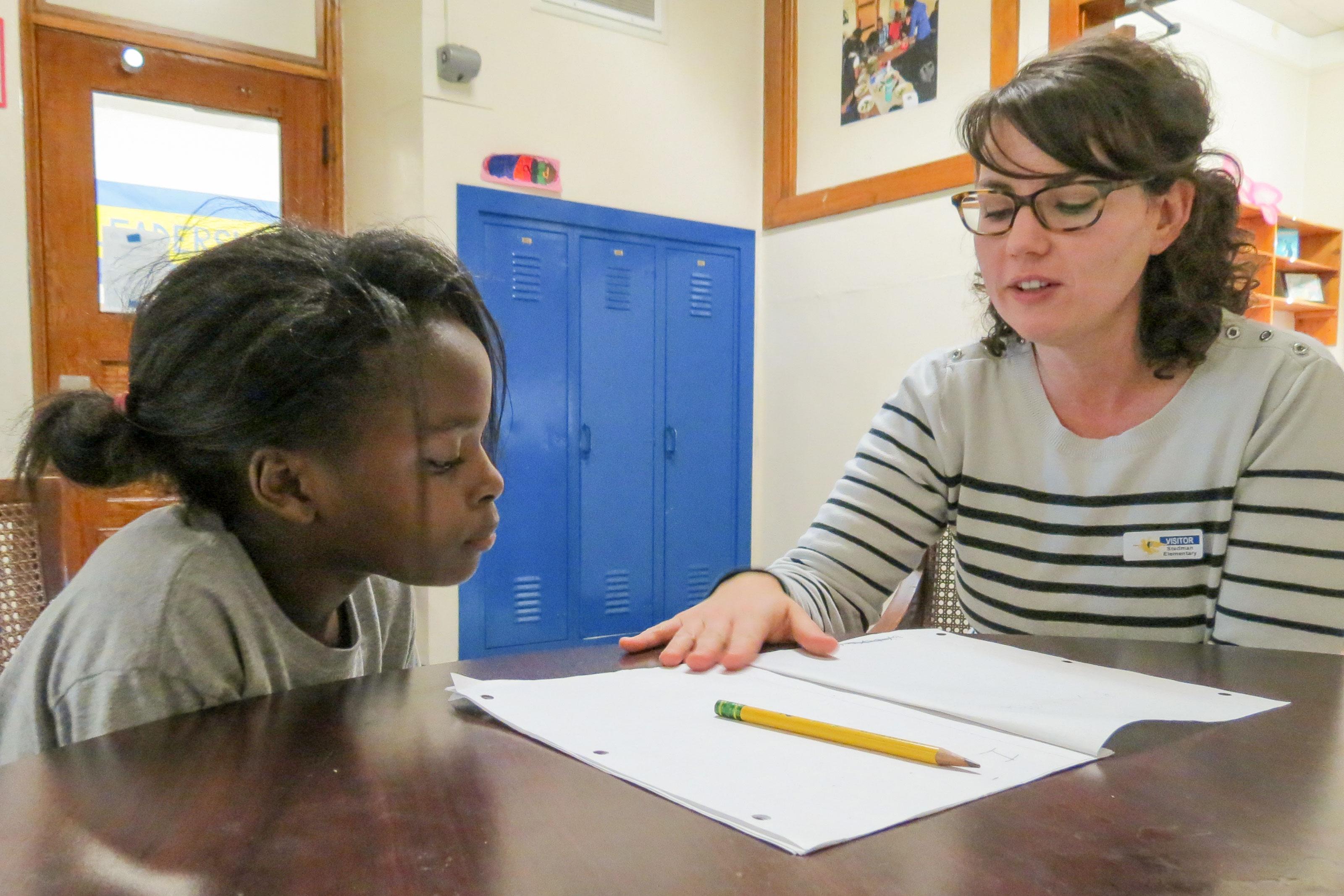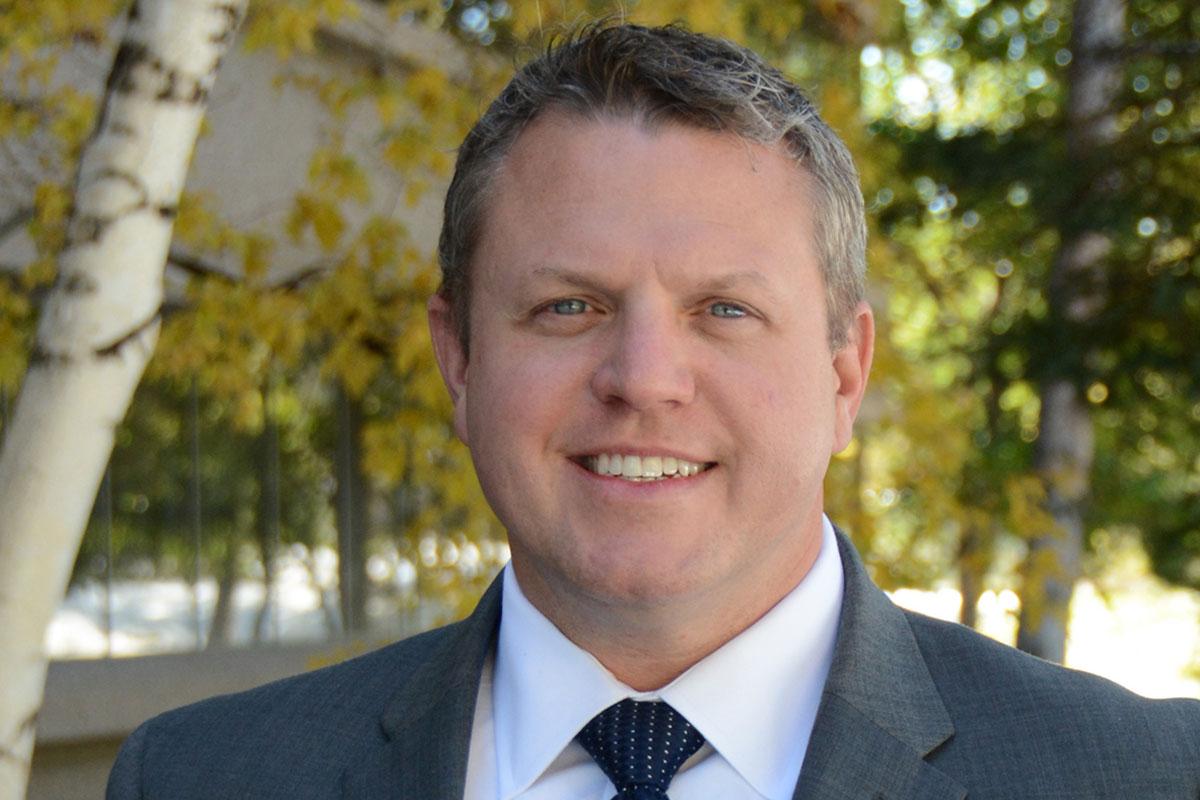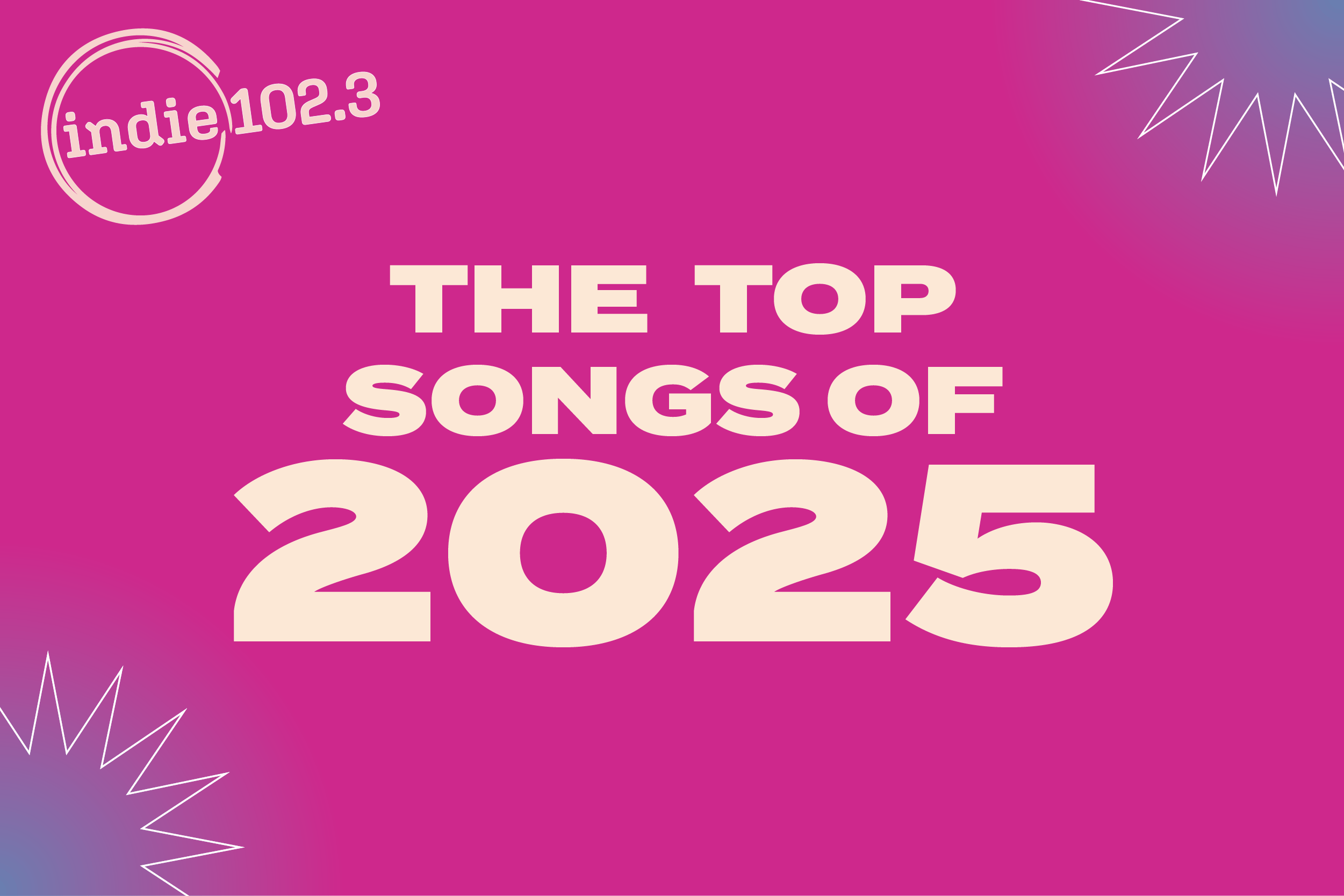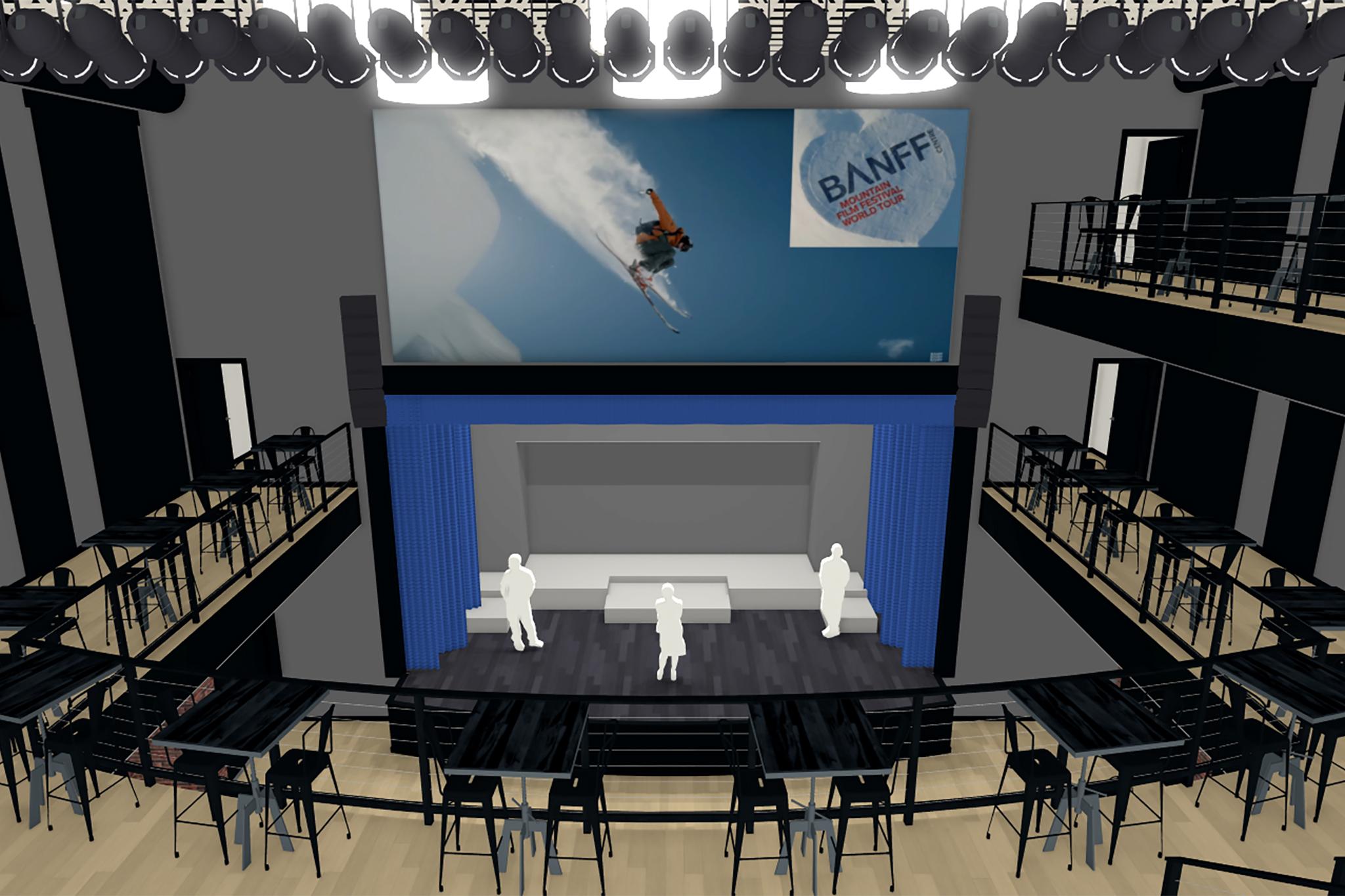

So what’s really the problem with school?
Our school systems are still set up much like they were 100 years ago. Traditional schooling still relies on grades, tests, homework, lectures, competition, punishments and rewards.
Christina Jean, a former teacher who now consults, says the system, as it’s been set up, is really “designed to sort and rank, it’s designed to get kids ready for an industrial post-secondary life.”
Another former teacher now turned consultant, Tara Jahn, echoes that sentiment. She says it’s become about “making sure we can cram in as much information and make school as businesslike as possible.”
What’s wrong with that you say? Well, for one. It’s turning off today’s kids.
“There is this appetite for students to have an actual voice,” Jahn says. “They see when they’re being discredited and they see when they’re being pacified, like ‘oh well, maybe later you can have a voice when you’re old enough.’”
What students, parents and teachers crave instead is this, Jahn says: a deep connection and purpose for doing what they’re doing. Young kids start off school curious and excited. By 11th grade, polls show 70 percent have checked out. For many, school isn’t relevant. There’s a lot at stake if the system isn’t preparing children to think and work in a world radically different from the last century.
If you look at the skills the state of Colorado says young people should have when they graduate, academics is only one piece of the puzzle. The other skills kids are supposed to be learning are entrepreneurial, civic, professional, and personal.
Yet baseline academics is the only part the system tests on, evaluate teachers with and have built a whole industry around. The rub comes when after students have moved on from school. Employers are looking for a different kind of graduate than the kid who came out of school at the turn of the century.
Now, they want future employees who can think outside of the box, ask complex questions, and be self-starters at “solving a problem, designing something [and] collaborating with others,” says Jason Glass, the new superintendent in Jefferson County.
“So as a parent, you should be asking that question. Is my child – whether 5 years old or 15 – learning in a way that’s different than I did? If they’re learning in about the same way, something’s wrong.”

His new plan for the district emphasizes hands-on critical thinking in classrooms, where students pace their own learning, and maybe do some learning outside of school in the community.
“So if there’s a problem in community that kids are interested in, how can we use that problem or project or concern so we can teach problem solving, and reading and writing and scientific inquiry mathematical procedures?”
There are classrooms in Colorado now, where students have more say in what and how they learn. Consultant Christina Jean says that helps students not only learn answers, but also how to identify problems and questions; from kids who want to build a hydrogen powered car in Westminster, to a first grader in Colorado Springs who writes a letter to an expert asking how computers work.
“Do they know how to find the resources that are going to help them navigate a system, can they create networks of support around themselves,” Jean asks.
That’s important because it’s so much easier now, to get information. After all, Jean notes, we each carry a “laptop in our pocket” now. “Knowledge is not the thing we need anymore, it’s how do you make sense of it and how do you apply it?”
There are educators – even entire schools — that want to change how classrooms run, how teachers teach, and how students learn. But education policy hasn’t really focused on helping teachers make that transition. Many come out of teacher prep programs trained in the “sage on the stage” method and practice. So what has policy focused on in this new millennium to update and elevate what happens in classrooms?
“I wouldn’t say state and national policies over the past couple of decades have been necessarily wrong,” says JeffCo Superintendent Jason Glass. “I would say maybe they’ve had the wrong focus.”
The way he sees it, there have been several main policy levers: Testing and test-based accountability, school choice, and evaluating teachers.
Some argue testing has narrowed what kids learn about, sapping their curiosity. School choice has worked for some to get test scores up, but has it changed what happens in classrooms for all kids? Finally, some say evaluating teachers increases caution and inhibits risk-taking. Glass says certainly some teachers and administrators need accountability measures, but “when you heap on evaluations and accountability and punishments on people, it doesn’t engender an environment where people try new things.”

Glass reels off all the measures heaped on schools: from No Child Left Behind to Goals 2000, another federal measure to identify world-class academic standards and measure student progress, all the way through to the Trump administration’s early focus on school choice. He notes that all of those initiatives have cost billions of dollars.
“What if we’d spent all that energy and time thinking about what is the experience the student having and how do we profoundly change that,” Glass asks.
The idea of empowering students to take on the work themselves, to dig into interesting and meaningful problems in the community isn’t new. Instead, it’s important moving forward to understand whether past innovations succeeded and why they worked or didn’t work.
Van Schoales, with the education watchdog A+ Colorado, has seen plenty of movements, ideas and fads, from the open classroom movement of the 1960s, to the small schools movement and today’s virtual schools.
“And some of those things worked well and some of those things didn’t work and some of them just faded away,” he says.
To that end, Schoales says we should be careful to not follow the “latest shiny object.” Others say there is ego tied up in solutions to “fixing” schools and there’s money to be made by people peddling solutions.
If one thing’s clear, there’s no magic bullet. No one right way to educate children. But as the education system has moved to the far side of the pendulum, the side that’s heavy on tests and accountability, many say it feels at the same time schools have moved away from what teaching and learning really should feel like. So the task before some teachers and principals is figuring out how to innovate in a system that’s geared toward conformity.
Superintendent Jason Glass says it’s going to require a change to the social contract that’s been in place for generations between teachers and students.
He advocates for teachers to engage in “little micro tests to experiment.” At the same time he says, ultimately, “it’s a mass-scaling question. We don’t need to do this a few schools at a time. We need a system-wide transformation and that’s what we’re working on here.”
What Do You Want To Know?
Questions about innovation in education? What has worked to prepare your child for today’s world? Know a teacher that’s breaking through? Leave a question or suggestion in the comments below, tweet us @NewsCPR or @CPRBrundin or email us at [email protected].









